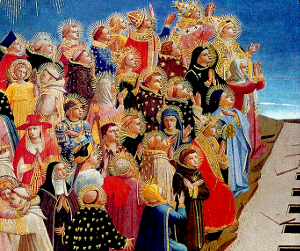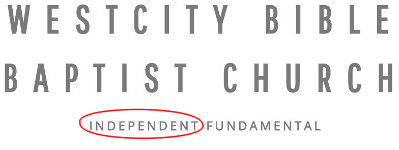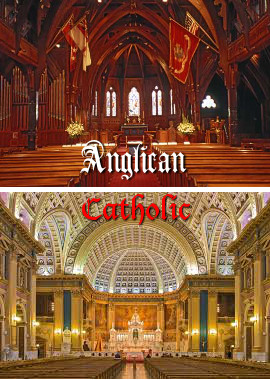I’ve got a couple of blog posts in the works, but just now I wonder if readers can help me with a question. Here it is:
When did Christians first start praying to the saints?



The lead story on tonight’s news was that of Pastor Logan Robertson’s email reply to Jim Marjoram. Jim Marjoram is a homosexual man who recently wrote an autobiography detailing his former life as a “fundamentalist” Christian. He emailed a number of Auckland Churches about the book, and about the “Support Silent Gays” support group. Robertson’s reply is now world-famous in New Zealand: “I pray that you will commit suicide, you filthy fag.” Read about it here.
Now, my cynical side (the side I usually listen to) says that when you send an email to churches advertising a book about your journey from “fundamentalism” to being openly gay, and advertising a gay support group, if you’re clever you send it to a few liberal churches who will offer supportive comments you can quote, and you pick the nuttiest you can find, so you can quote them. Either end of the spectrum is good for publicity, and that has certainly proven to be the case here. Send the book it to people who will react badly, and make sure everybody hears about it when they do. Works like a charm.
Still, what an overly nasty thing to say, you might be thinking. And you’d be right, of course! It beggars belief that the pastor of a Church whose website calls itself a “family-oriented” church would say this. And it makes one’s head explode to see that at that site, we are told that “Pastor Robertson has a love for the lost and our church has a vision of reaching the lost souls of Auckland.” A love for the lost! I doubt there would be much point in any of us, Christian or otherwise, trying to reason with a person who thinks this is a helpful way to reply to anybody. What’s more, there are enough people who already hold patently false views of how the church interacts with gay people, and this will only make that perception worse.
How does this happen?

No, Anglicans are not basically Catholics. So what’s the difference?
Some time ago when I publicly commented that I could easily consider “going Anglican,” one of the comments I got was from a Catholic, telling me that I would have come “half-way home.” Since then as many of you know, I have gone Anglican and when I have told people about it, I’ve heard remarks suggesting that some people really aren’t sure if there’s a difference between Catholics and Anglicans. I’ve had people ask me things like: Don’t Anglicans venerate statues of Mary? Don’t they have confessionals? Don’t they believe in Purgatory? The answer to these questions is no, but I know that there are people out there asking these and similar questions.
Call me slow, but until today I had never heard of the ossuary of James. The what? It’s an ornate box that contains pieces of bone from deceased love ones. This one dates to around AD sixty something, and features the inscription “James, son of Joseph, brother of Jesus.”
It’s fairly obvious why this ruffles some Catholic feathers. Mary, Joseph’s wife, is said to have been a virgin her whole life by the Catholic Church, and James, one of Jesus’ “brothers,” is said to have been a cousin. Some Catholics have chimed in with anyone who says that it is a forgery, but the evidence doesn’t look good for them here, and here the claim of a forgery is debunked. I guess Mary’s first name isn’t “The Virgin” after all. But then, a lot of people have been saying that for a while. They’re called Protestants.
Powered by WordPress & Theme by Anders Norén